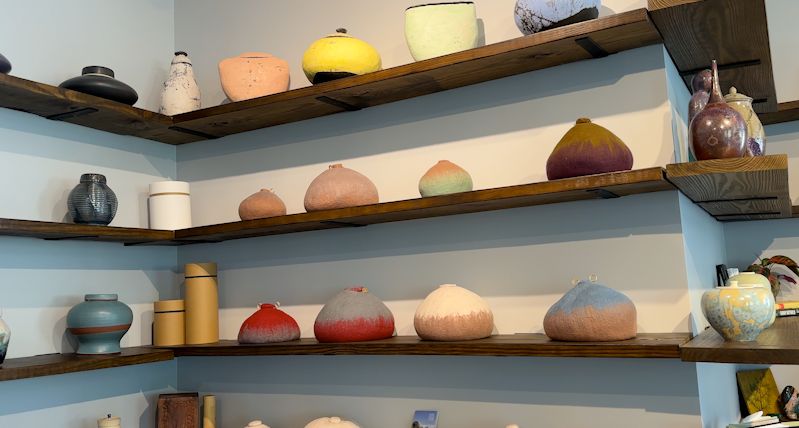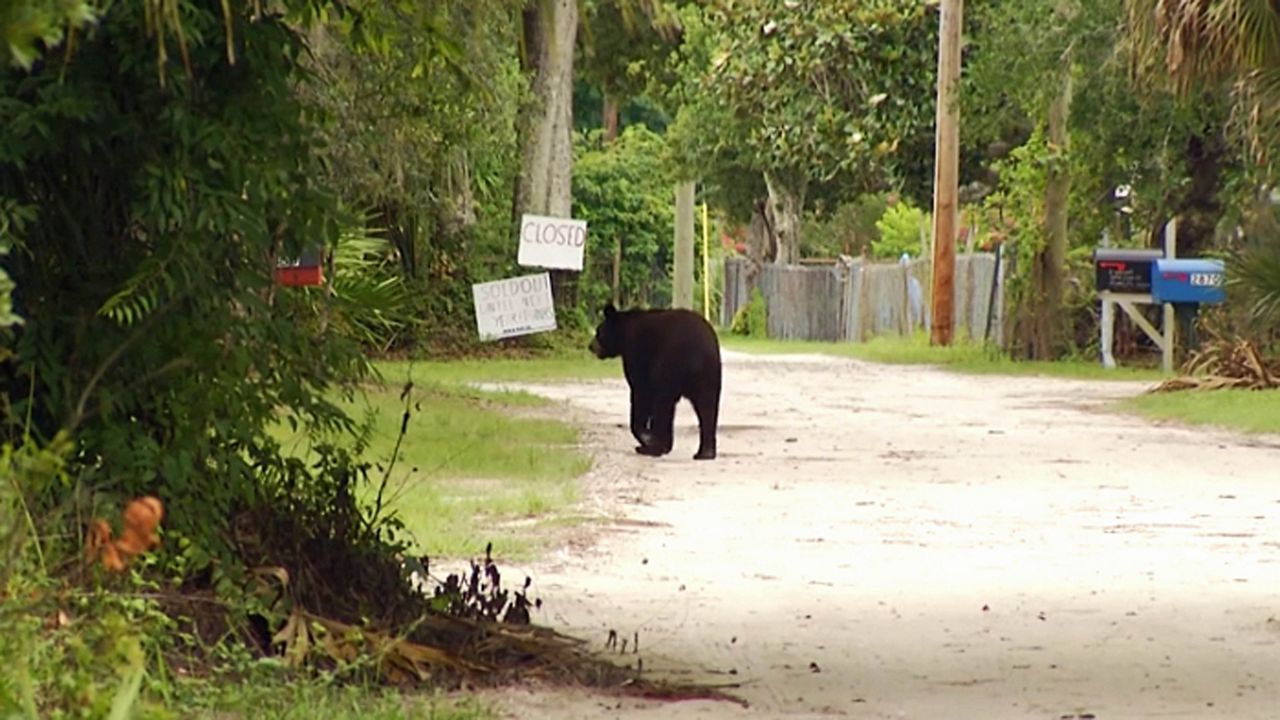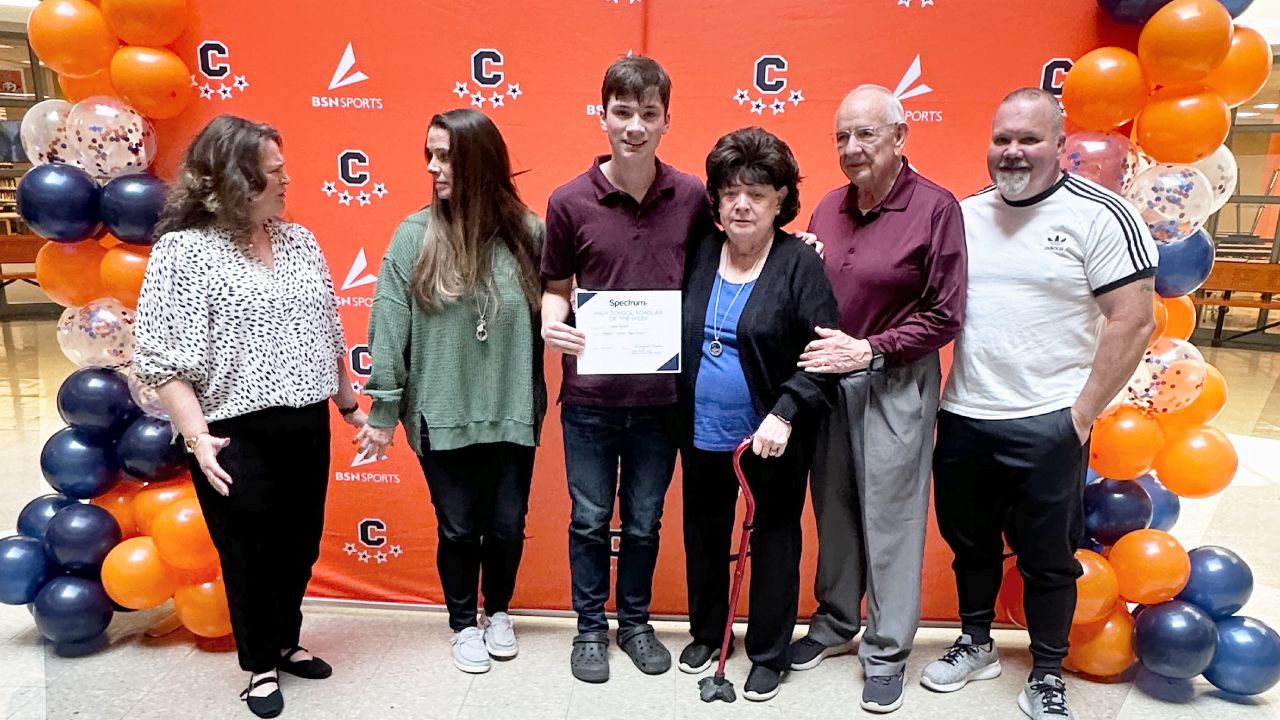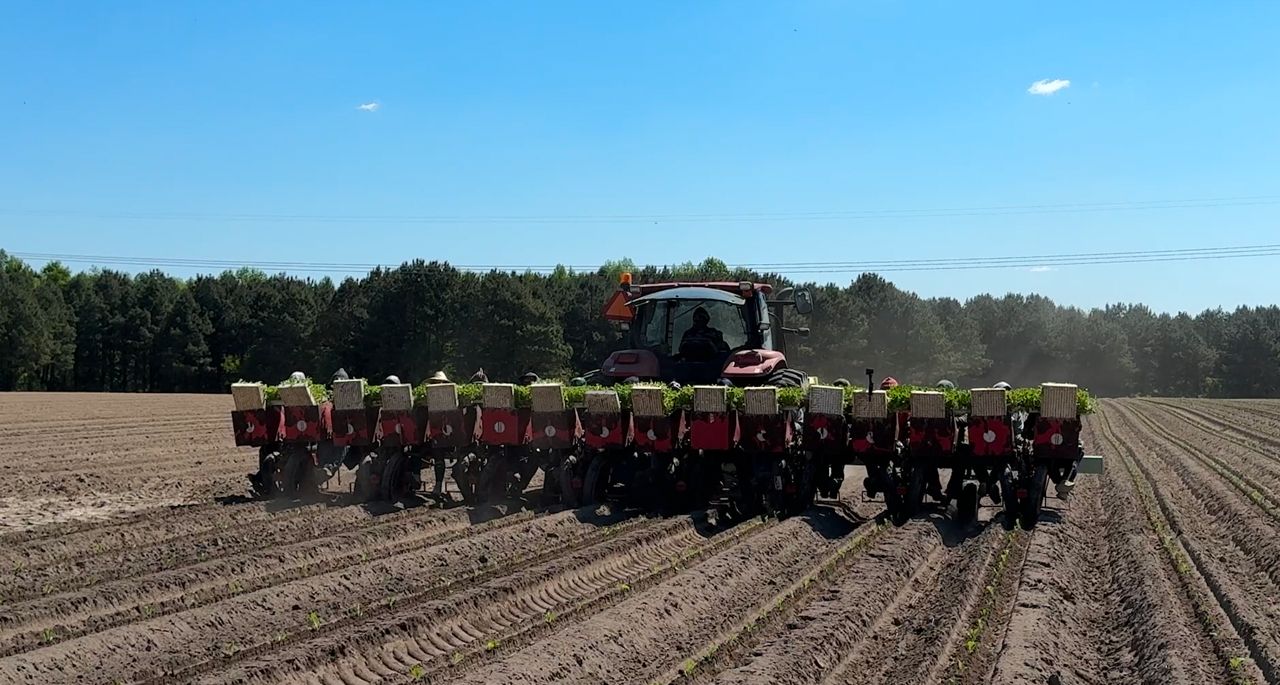WILSON, N.C. — It's fair to say most people are familiar with American Sign Language (ASL). But what about Black American Sign Language (BASL)? Valerie McMillan is a sign language interpreter, and she is on a mission to document BASL before it's forgotten.
There are five generations of hearing loss in McMillan’s family, from her grandparents to her great-nephews. She’s considered an OHCODA or Only Hearing Child of Deaf Adults. Her upbringing is what inspired her to become a sign language interpreter, and it’s also what has motivated her to help preserve BASL.
"I feel like if we ignore who we are, then we have lost ourselves in society, because society says it’s wrong," McMillan says. "It’s considered a dialect. It’s considered a variety of the language. So that’s still for debate, more documentation is needed to prove it is truly a language."
McMillan says BASL is a product of segregation because deaf African Americans weren’t given a proper education.
"They had a building. They had a place they said they went to school, but there was no formal education back then," she says.
McMillan's mom is deaf and went to a school for Black deaf students in the 1960s.
"We struggled academic-wise, how to read and write back and forth, because nobody had any formal education to teach deaf students," Lillian Russell McMillan says.
The Black deaf community essentially came up with its own version of American Sign Language. Some of the main differences are the locations of the signs, using two-handed signs instead of the traditional one-handed signs as well as more prominent facial expressions and body language.
Traditional ASL is the standard, and therefore it’s what the majority of people learn, but that’s causing BASL to fade away.
However, Valerie McMillan says she’s hopeful the work of people today will help make sure it’s remembered in the future.
"The Black deaf community is still working. They’re pulling up their sleeves. They’re doing things. They’re being more transparent. They’re being more outspoken. They’re not being quiet anymore," she says.
McMillan is working with the National Alliance of Black Interpreters of North Carolina and the North Carolina Black Deaf Advocates Chapter 30. That chapter is hosting workshops and making sure the Black deaf community knows their language is unique. They’re also bringing awareness to the public and other stakeholders. All of that work is ongoing.
Click here to learn more about BASL.










